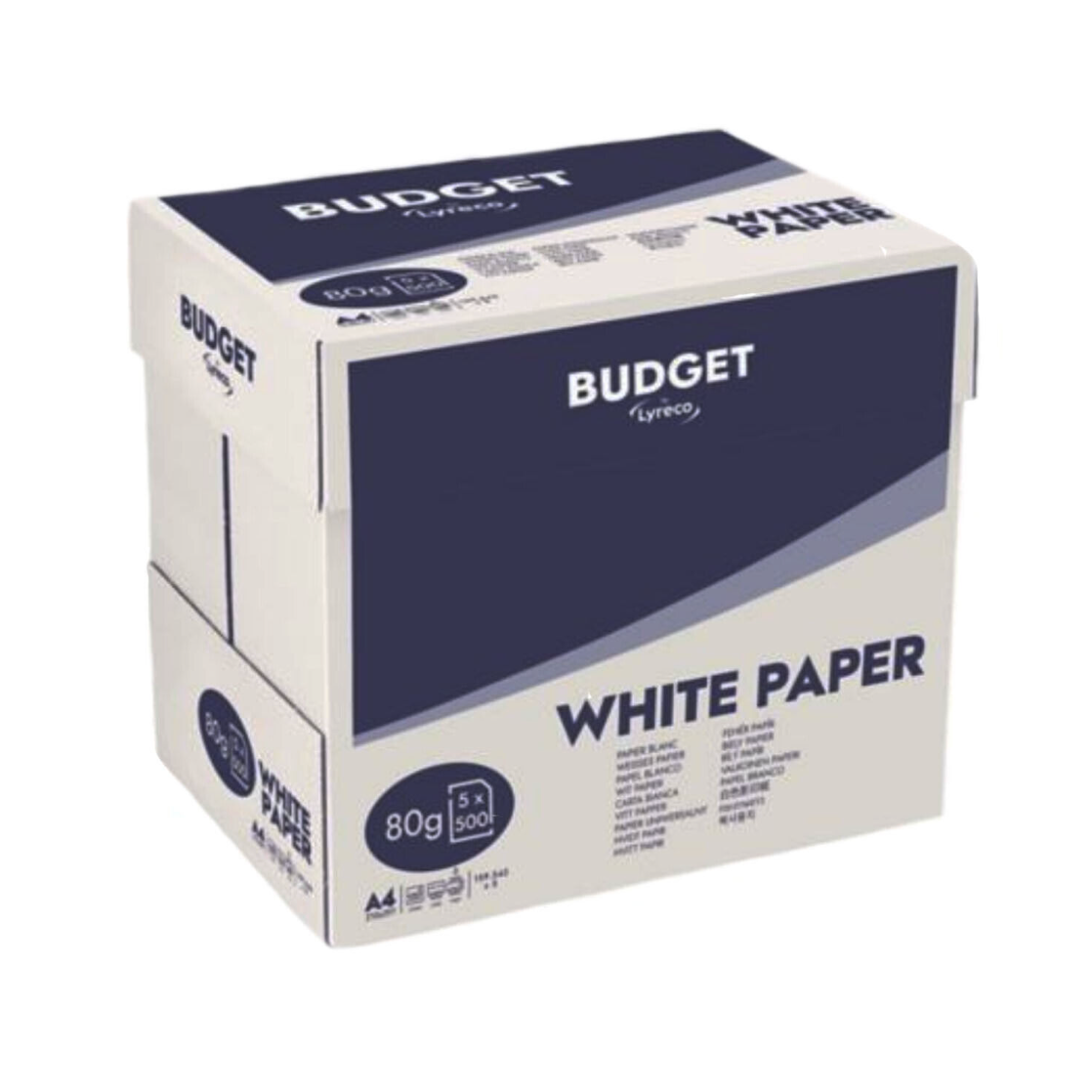In recent years, the ecological ramifications of plastic packaging have garnered considerable attention. The mounting apprehension regarding plastic waste and its deleterious consequences on ecosystems has spurred both businesses and consumers to actively pursue sustainable alternatives.
Paper-based Packaging: For centuries, paper has served as a prevalent substitute for plastics in packaging. It is a renewable resource that boasts ease of recyclability and biodegradability. Nowadays, numerous companies are employing inventive paper-based materials, including molded pulp, corrugated cardboard, and paperboard, to fabricate packaging solutions that are simultaneously eco-friendly and resilient.
Bioplastics: Derived from renewable sources like corn, sugarcane, or potato starch, bioplastics diverge from traditional plastics, which rely on fossil fuels. They possess a reduced carbon footprint and can be compostable or biodegradable. Although various types of bioplastics exhibit distinct environmental characteristics, they hold promise in curtailing plastic waste and lessening dependence on non-renewable resources.

Plant-based Packaging: Originating from agricultural crops such as hemp, bamboo, or bagasse (sugarcane fiber), plant-based packaging materials are rapidly gaining favor due to their renewability and minimal environmental impact. These materials can fulfill diverse applications, from food packaging to cushioning materials, and often possess compostable or biodegradable properties, offering a sustainable substitute to conventional plastic packaging.
Edible Packaging: Edible packaging represents a ground-breaking approach to sustainability by eradicating waste entirely. Crafted from natural elements like seaweed, starch, or edible films, this form of packaging is not only biodegradable but also consumable. It proves particularly suitable for single-use items like food wrappers, effectively diminishing plastic waste and obviating the necessity for supplementary packaging materials.
The transition toward sustainable packaging materials constitutes a pivotal stride in mitigating the environmental repercussions of plastic waste. By embracing alternatives like paper-based packaging, bioplastics, plant-based materials, mushroom packaging, and even edible packaging, companies can reduce their reliance on traditional plastics and contribute to a more sustainable future. As consumers increasingly exhibit consciousness about the environmental impact of packaging, adopting these alternatives not only benefits the planet but also enhances brand reputation and appeals to eco-conscious customers. Let us unite in embracing sustainable packaging materials and fostering a positive influence on our environment, one package at a time.







